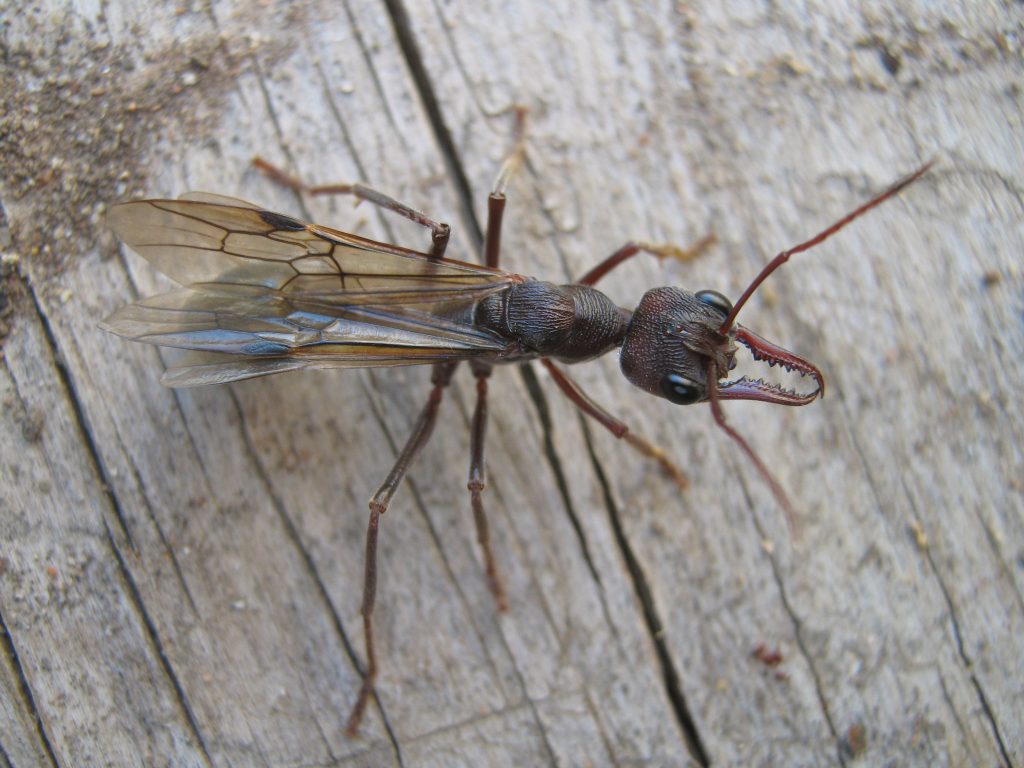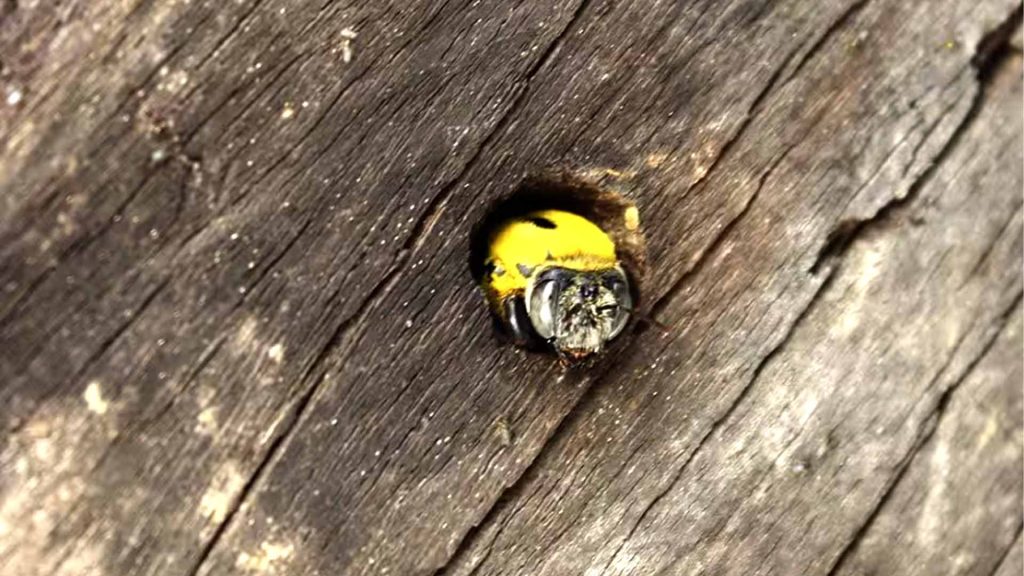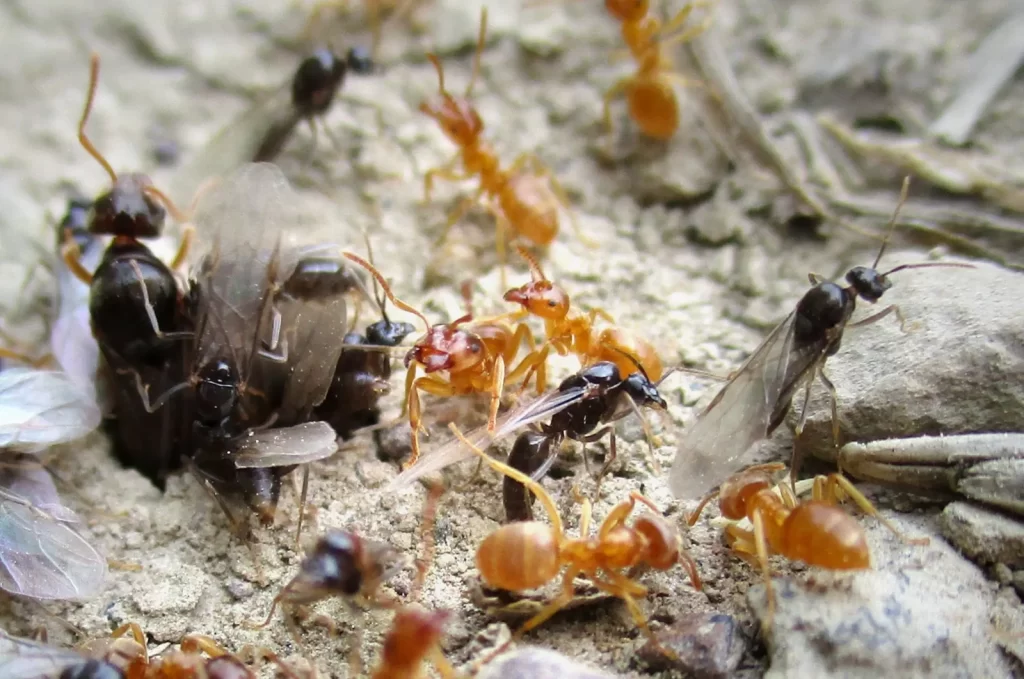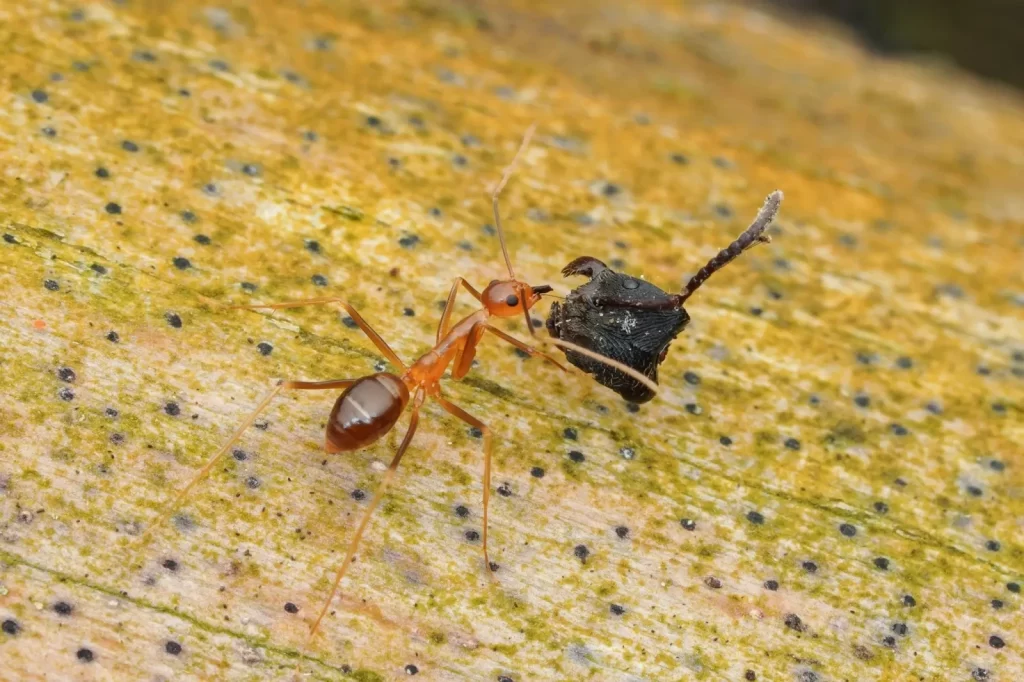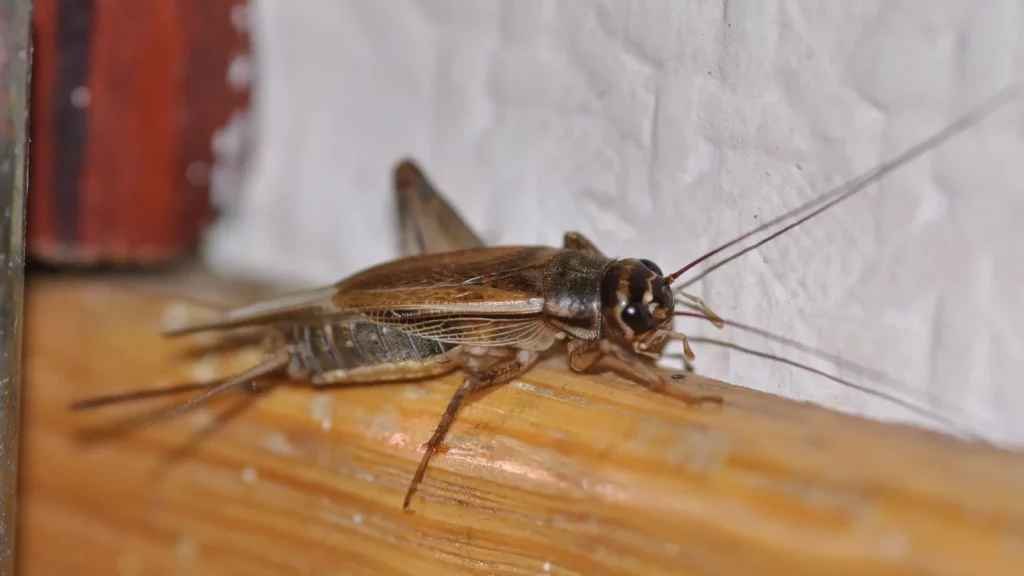Managing rodents such as mice and rats can be challenging, but there are several natural methods that can help you keep these pests at bay without resorting to harmful chemicals. These strategies focus on prevention, using natural deterrents, and creating an environment that is uninviting for these unwelcome guests.
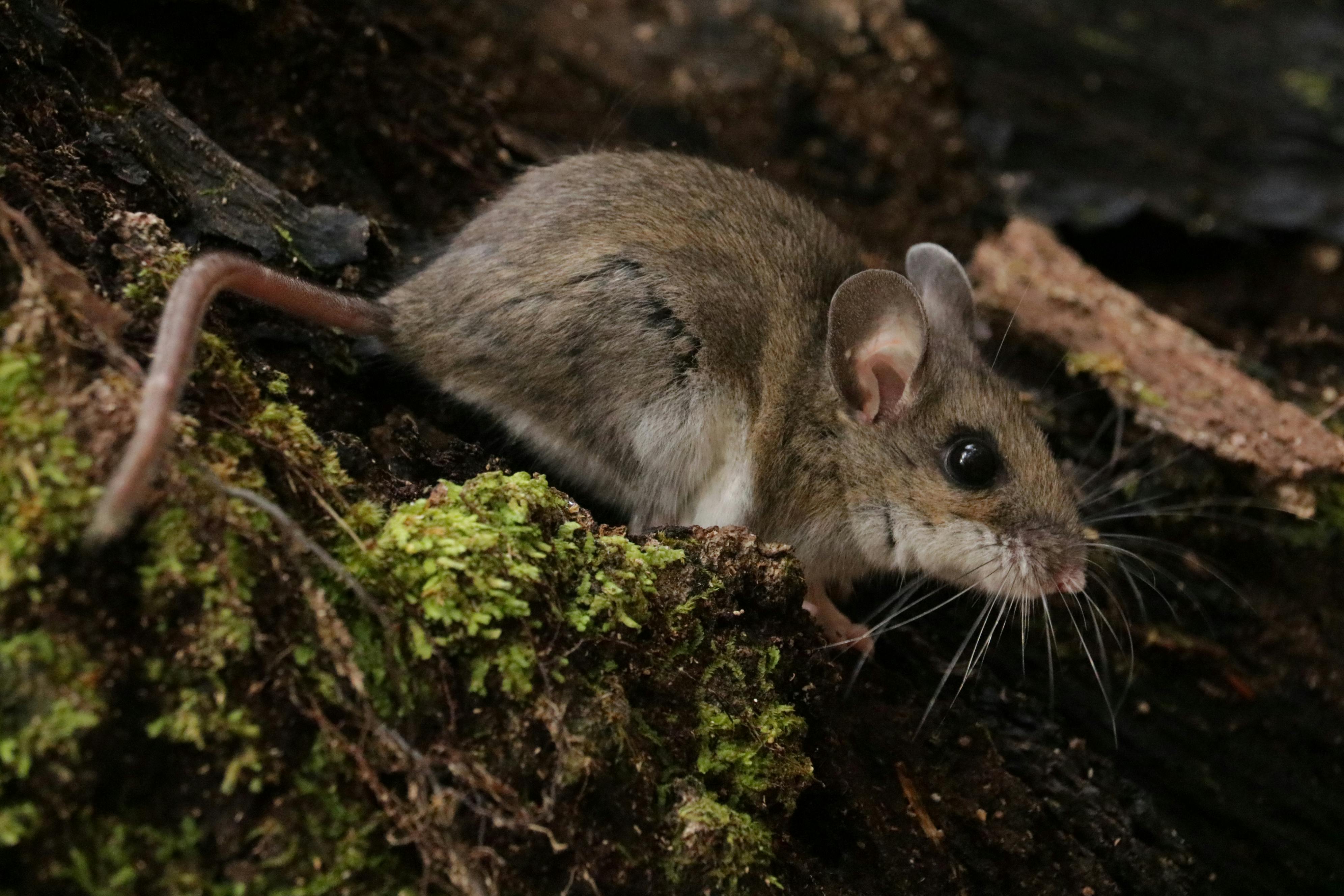
 Myths and Facts About Natural Rodent Repellents
Myths and Facts About Natural Rodent Repellents
Natural Deterrents for Keeping Mice Out of Your House
Mice are continuosly looking for food and shelter, making your home an ideal target. One effective natural deterrent is peppermint oil. Mice hate the smell of peppermint, which can overwhelm their sensitive olfactory senses. To use this method, place cotton balls soaked in peppermint oil in areas where you’ve seen mice or suspect they might enter. Change the cotton balls every few days to maintain the strong scent. Another natural repellent is the use of ultrasonic devices. Rats find high-frequency sound waves released by these devices unpleasant to rodents. Its effectiveness can vary. Many homeowners find them useful as part of a broader strategy to keep mice out of the house.
How to Repel Rats Naturally?
Rats, being larger and more aggressive than mice, require strong deterrents. One effective method is to use ammonia, which mimics the scent of predator urine and can drive rats away. Place small dishes of ammonia in areas where rats are active, but be cautious as ammonia can be irritating to humans and pets as well. Additionally, natural predators like owls can help control the rat population around your property. Install an owl box in your yard to attract these birds of prey, providing a natural solution to your rat problem. Owls hunt at night, which aligns with the active hours of most rats, making them an effective deterrent.Keeping Mice Out of the Garage
Garages are often an entry point for rodents because they offer easy access and a less disturbed environment. To keep mice out of your garage naturally, use cedar blocks or chips. The strong smell of cedar is repulsive to mice and can keep them from settling in. Place these blocks in corners, near doors, and along walls where mice might enter. You can also use aluminium foil as a deterrent. Mice dislike the texture and noise that foil creates. Wrapping potential entry points in aluminium foil can prevent them from chewing through or squeezing past. While this method may not be the most aesthetic, it can be particularly useful in storage areas or behind appliances in the garage.How to Keep Rats Away from Your Garden?
If you’re dealing with rats in your garden, consider planting strong-smelling herbs such as garlic, onions, or basil. These plants not only enhance your garden but also repel rats due to their potent aromas. You can also scatter human or dog hair around the garden, as the scent of a predator can discourage rats from venturing too close. Another natural solution is to use compost carefully. While composting is great for your garden, it can attract rats if not managed properly. Ensure that compost bins are tightly sealed and avoid adding meat or dairy products, which can attract rodents. Myths and Facts About Natural Rodent Repellents
Myths and Facts About Natural Rodent Repellents
| Myth | Fact |
| Mice and rats hate cheese. | Rodents are more attracted to seeds, nuts, and fruits than to cheese. |
| Pets alone can keep rodents away. | While pets can deter some rodents, they are not a guaranteed solution. |
| Ultrasonic devices work instantly. | Ultrasonic devices may require time and should be combined with other methods for best results. |
| All essential oils repel rodents. | Only certain essential oils, like peppermint and eucalyptus, are effective. |
| Rodents can’t chew through plastic. | Mice and rats can easily chew through plastic if they are determined. |
